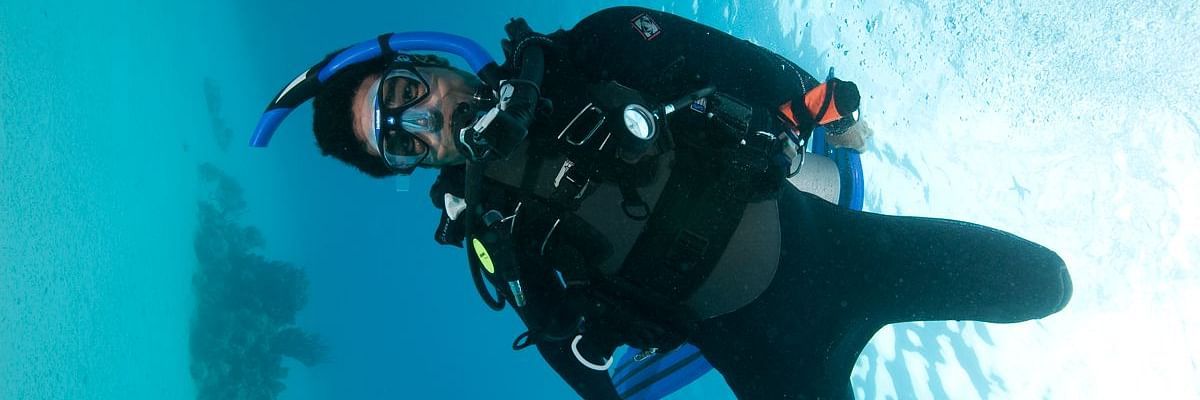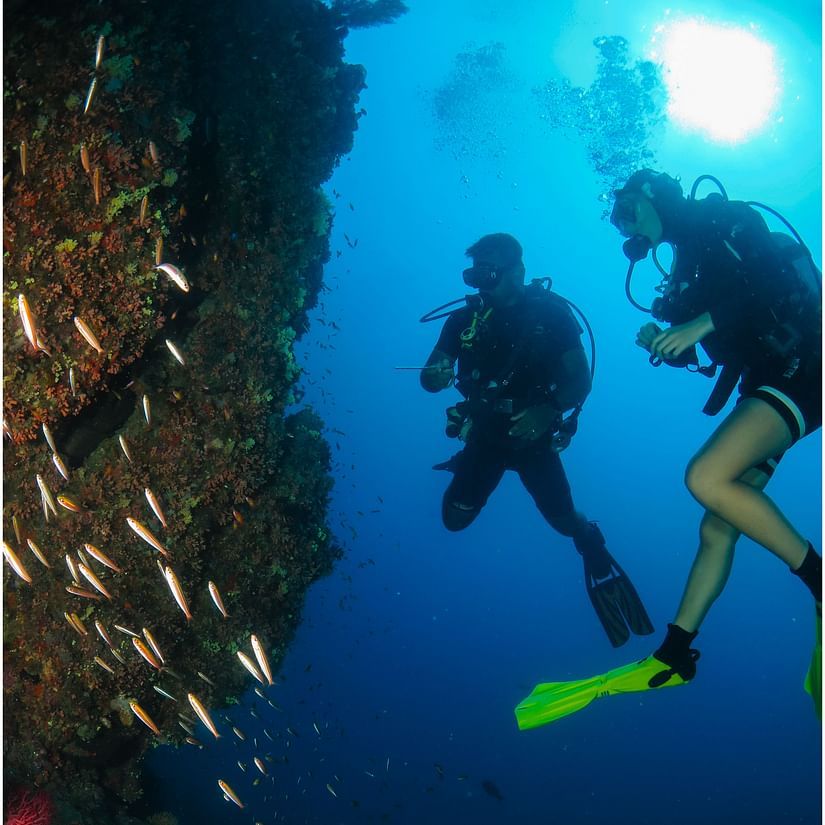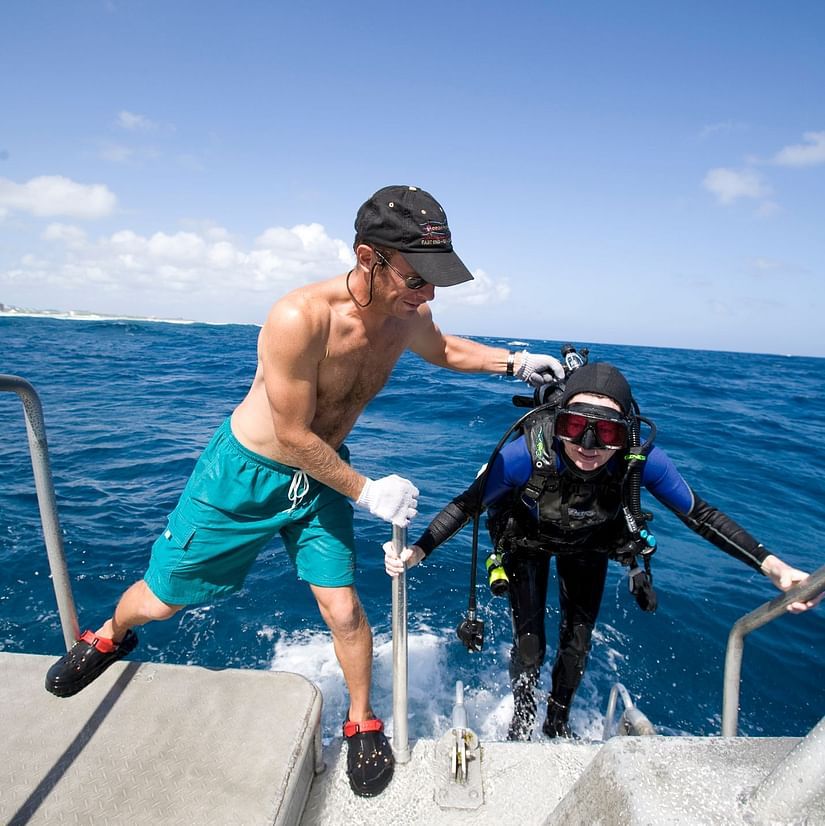5. YOU MAY END UP SPENDING BIG BUCKS
Yes, just like any other professional course, these courses are not cheap. Besides, there are many overhead costs along with the course fee. Depending on your choice of accommodation, you might have to pay rent for the months of your stay, you might have to arrange for your own breakfast and dinners.
Some dive centres expect dive professionals to own their own equipment before hiring them. It is suggested to buy your own equipment so that you are comfortable while you take others for a dive. Think of it as an investment. Once you become a dive professional all of that money would be repaid.
People ask me to do I earn enough in this profession? Yes, I do, because all I earn is all I save, my food, accommodation, and my travel are all taken care of by the dive centre I work for.
These secrets are purely based on my experience, it is not to demotivate you but consider it as bursting myths about the diver lifestyle. Once you reach the destination, you have better things underwater to look forward to every day and trust me, that is enough to make it the coolest job ever. As Andy Cummings says, “Diving is an investment of time and money, but the rewards can be life-changing literally.”




